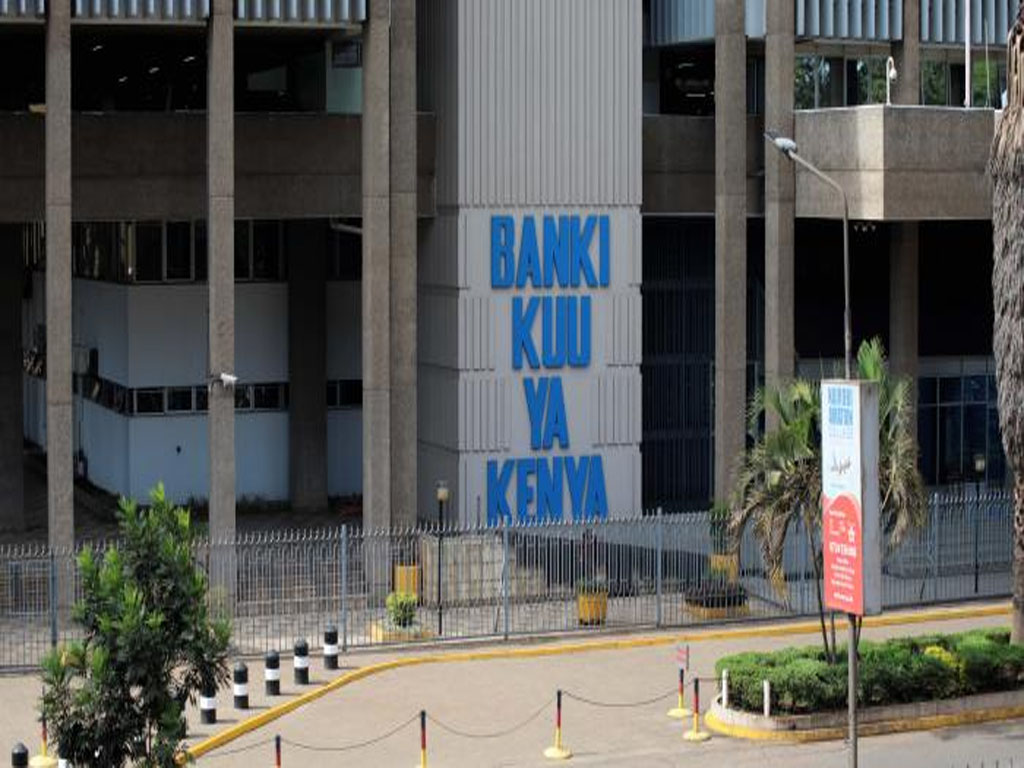Photo:[ Kenyans.co.ke]
Rogue digital lenders who share personal data of loan defaulters will be stripped of their operating licenses if Parliament passes proposed changes to the law to curb abuse of confidential records.
The National Assembly committee on Finance and National Planning has added a clause to the Central Bank Amendment Bill 2021, granting the banking regulator powers to revoke the permits of digital lenders who breach the confidentiality of personal information to pursue defaulting borrowers.
The proposed law aims to stop a trend where some lenders resort to “debt shaming” tactics to recover loans.
There are reports of debt collection agents pursuing borrowers either by informing their friends and family using contact information scraped from their phones or by threatening to tell their employers.
“The bank may suspend or revoke a license by written notice to the holder of the license, if the licensee (digital lender) is in breach of subsection (2A) or the conditions of the Data Protection Act or the Consumer Protection Act,” says the Bill.
The Data Protection Act bars sharing of data with third parties without consent and gives individuals the right to be told when their data is being shared and for what purposes.
Borrowers share personal information, including their professions and monthly earnings, when registering with digital lenders.
But besides the pursuit of unpaid loans, digital lenders share personal information with data analysing firms and for marketing.
The Central Bank of Kenya (CBK) has previously raised concerns about the abuse of the personal data of borrowers and called on lawmakers to fast-track legislation to provide for the regulation of digital lenders.
Lobbies that had petitioned Parliament during the review of the Bill also said that loan applications are private affairs that should be treated as confidential information.
Digital lenders have saddled borrowers with high-interest rates, which rise up to 520 percent when annualised, leading to mounting defaults and an ever-ballooning number of defaulters.
Tala and Branch, some of the top players in the mobile digital lending market, offer annualised interest rates of 84- 152.4 percent and 156- 348 percent respectively.
Market leader M-Shwari, Kenya’s first mobile-based savings and loans product introduced by Safaricom and NCBA in 2012, charges a “facilitation fee” of 7.5 percent on credit regardless of its duration, pushing its annualized loan rate to 90 percent.
The Committee on Finance and National Planning backed the Bill in August, paving the way for its passage into law.

